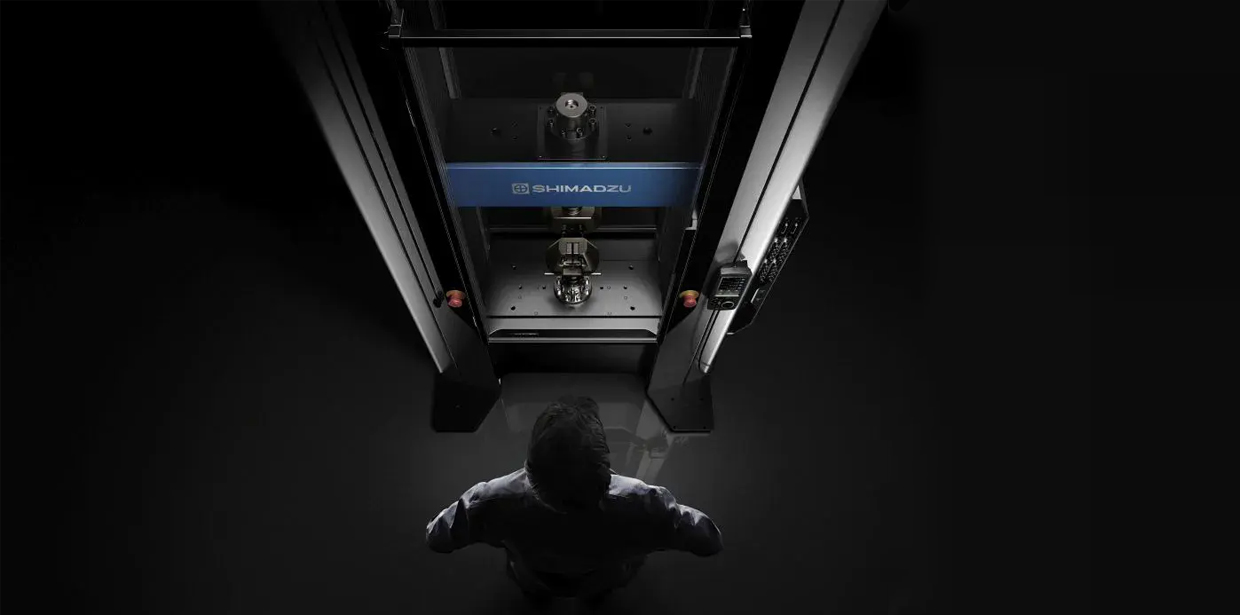Shimadzu Marks 150 Years with Advanced Composite Testing Solutions
BY Composights
Published: 28 Aug 2025
Shimadzu, celebrating its 150th
anniversary, continues to meet these demands through innovation in
analytical instrumentation and composite materials testing. Founded in 1875,
the company combines a century of testing expertise with a deep focus on
customer support, training, and service.
At the core of its portfolio is
the AGX-V2, considered one of the industry s highest-class testing
machines. Designed for modern composites, it delivers the load
capacity, stiffness, and repeatability required to meet today s evolving
specifications.
Meeting Modern Testing Demands
Shimadzu notes that designers
increasingly demand accredited methods with high reproducibility. Beyond
standard tensile testing, compression and shear tests are widely applied, while
specialised methods such as compression after impact are gaining traction,
particularly in aerospace.
For composite specimens,
conventional dog bone samples are avoided to preserve fibre integrity.
Instead, Shimadzu applies load introduction elements to ensure a uniaxial
stress state and reduce stress concentrations. Alignment is critical,
particularly in aviation standards, though most specimens remain flat and
straight.

Data and Standards Challenges
Unlike metals, composites lack a
comprehensive empirical database due to wide variability in fibre types,
matrices, and orientations. While some automotive programs have attempted
to align composite standards with metal testing, the aviation sector continues
to maintain distinct approaches. Standards such as ISO 17025 and Nadcap
are increasingly viewed as essential benchmarks, underpinning customer
confidence.
Role of Simulation
Simulation and visualisation are
becoming indispensable in assessing strain distribution and validating models.
Shimadzu highlights the dual role of testing: supplying accurate input data and
confirming simulation outcomes. Physical and virtual testing are now
interdependent, particularly as not all composite structures can be tested
directly.
Future Outlook
Looking ahead, Shimadzu expects demand for more specialised testing, including for sustainable composites and recyclates. The company is actively developing solutions to address these new materials and processing routes.
Source: www.shimadzu.co.uk









